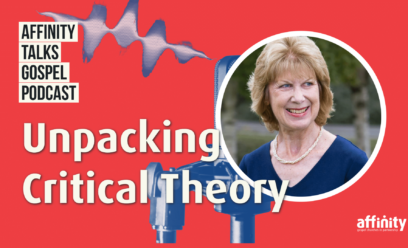Teaching children about price and value

A recent survey by M&S Bank has shown that the majority of parents want to teach their children about money, but most are not sure how or when to do so.
Around a third have money conversations with their children before their fifth birthday. Some of the teaching methods used include playing shops, using rhymes and songs, and giving ‘pocket money’. Parents want their children to value things appropriately so they understand, for example, that a house costs more than an ice cream.
It is good that parents see the need to equip their children for financial responsibility in adult life when the supply of money is finite and instant purchases are not always wise or necessary.
Perhaps one reason for the current parental concern is the UK’s future economic uncertainty; even before the pandemic the relative cost of housing for young people was very high, but now the virus has introduced many more uncertainties. As a result, the next generation could be less wealthy than their parents and grandparents and will need to be especially financially aware.
As Christians we are well placed to speak on this topic and support our community as we all seek to educate our children about money. This not because of our great financial competence but because the Bible has a rich supply of wisdom about money through its teaching and parables.
In the Bible we learn that personal riches can be used for good purposes and that generosity is a beautiful thing. It teaches that it is important to know the price of things and to make a budget and live within our means. But in Scripture we also learn that money can corrupt and ensnare (1 Timothy 6:10) – that how we use money highlights much deeper issues relating to the hidden desires and idolatry of our hearts. We are also shown that God places a far higher value upon human character than the size of the bank balance (Proverbs 22:1; 27:24).
We know that teaching our children to be wise about money will not impart eternal life, but it does give us opportunities to speak about what is truly valuable and precious – where real riches may be found. Maybe you could try to weave that into the conversation next time you are playing shops or buying sweets.
Graham Nicholls is Director of Affinity
Stay connected with our monthly update
Sign up to receive the latest news from Affinity and our members, delivered straight to your inbox once a month.



